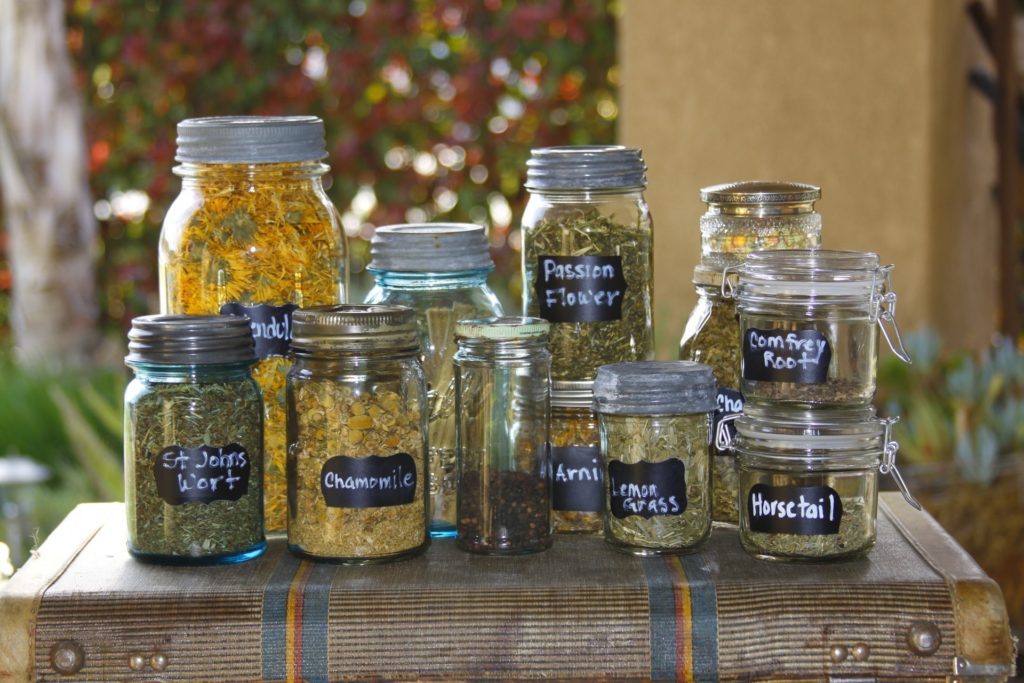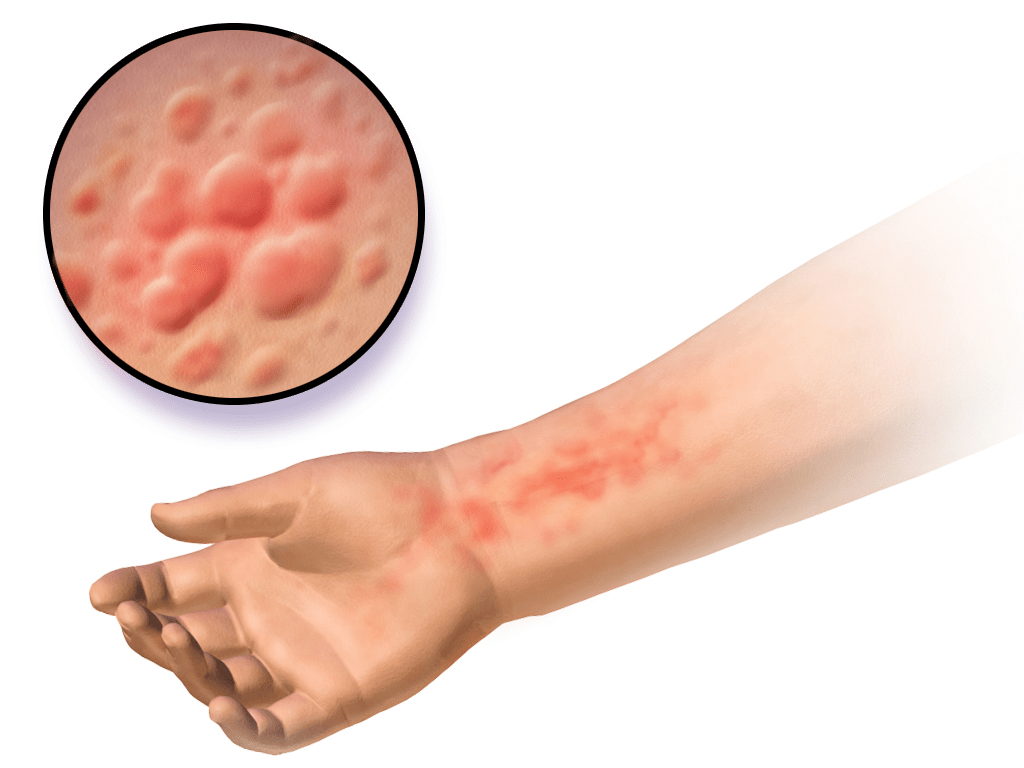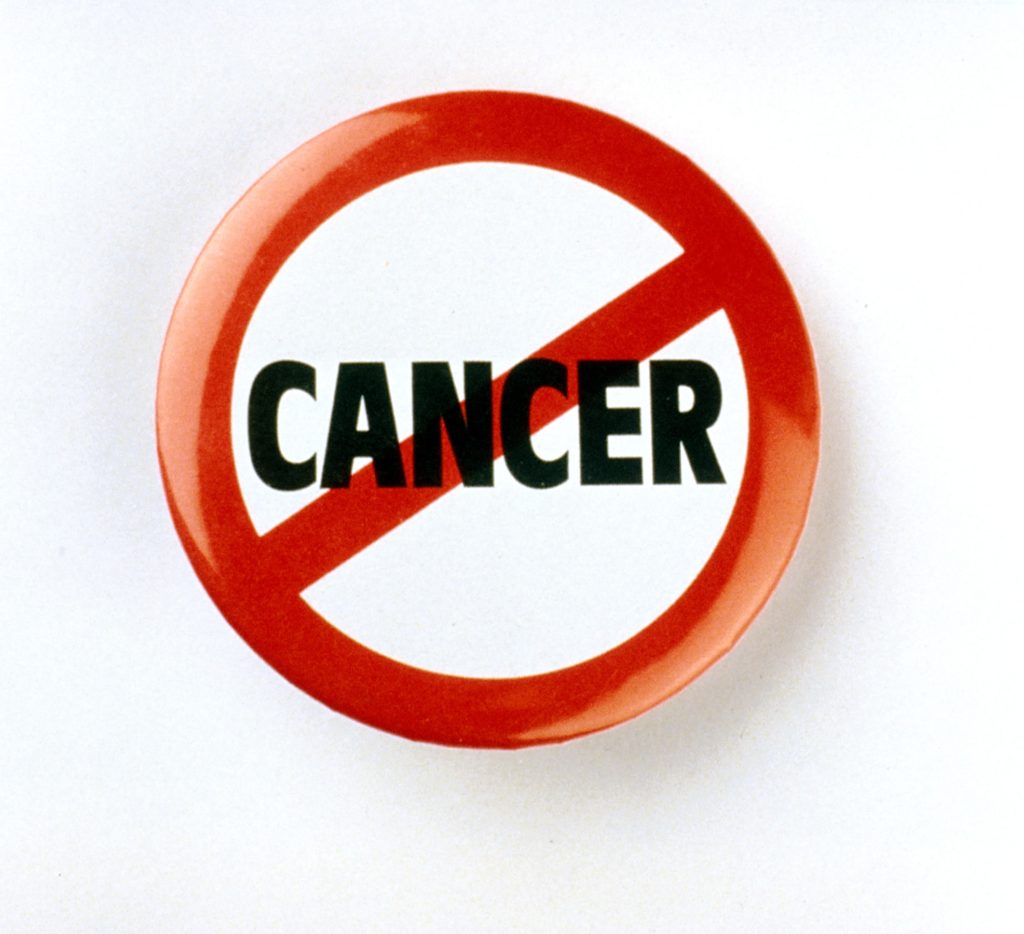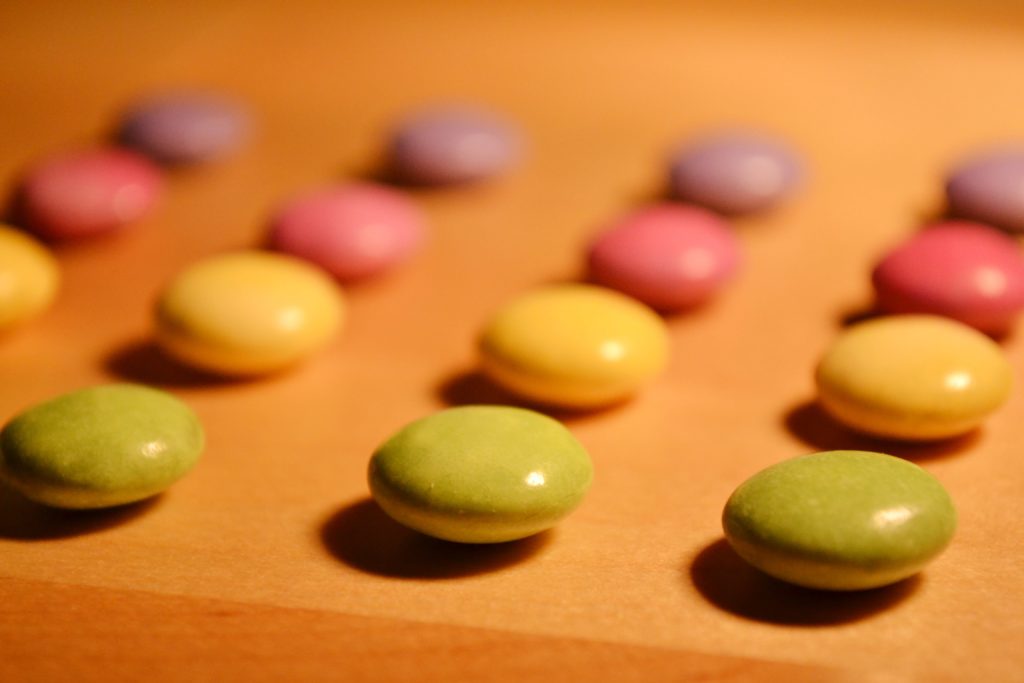Introduction
St John’s wort is probably the best known of all of the herbal remedies used today. Dubbed as ‘Nature’s Prozac', it is probably best known for its role in depression. It is also now purported to have benefits in ADHD, obsessive compulsive disorders, social phobias, seasonal affective disorders and generalised anxiety disorders. It is used topically for bruises, psoriasis, abrasions and burns.
Is there supporting evidence for any of the traditional (or contemporary) uses of St John’s wort?
What Is St John’s Wort?
St John’s wort is a sprawling leafy herb that grows to height of 100 cm and has yellow star shaped flowers. It is a member of the Hypericaceae family. It is also known as amber, demon chaser and racecourse weed.
It is native to Europe but grows well in any sunny well-drained location. It has now been naturalised to the Americas, Australia and Asia. Medicinal uses of St John’s wort dates back to ancient Greece. It was introduced into Australia in the 1880s for clinical use
The name comes from the fact that the flowering head is used for medicinal purposes and St John’s wort blooms around the feast day of St John the Baptist (June 24).

The plant contains a host of bioactives which include naphthodianthrons (hypericins), flavonoids (quercetinquercetin), bi-flavonoids (biapigenin), xanthons, and phloroglucinol derivatives (hyperforin) (1).
Many investigators have proposed that the therapeutic effects of St John’s Wort lies in a synergy among the combination of bio-actives rather than due to the effect of isolated components of St John’s Wort (2). By a similar token, St John’s wort is believed to have multiple mechanisms of action which are triggered by the individual bio-actives or synergy between the bioactives (3).
That being said, hypericin (a naphthodianthrone) and hyperforin (a lipophilic phloroglucinol) are generally considered to have the greatest medicinal activity. As mentioned above, the flowers (and to a lesser extent the leaves) contain the majority of the bioactives of this plant.
The bio-actives in any St John’s wort plant can vary geographically, from season to season and with the time of harvesting.
St John’s wort is sold as capsules, tablets, tinctures, tea, dried herbs, oils and creams (and there are some other interesting derivatives that we will discuss in the next section).
There are over 100,000 St John’s wort products for sale on Amazon. You can spend up to $1260 on 25 kg of St Johns wort or $45.83 per fluid ounce.
Can You Get St Johns Wort From Food?

Bizarrely, the answer to this question is yes.
Did you know that there are St John’s wort fortified functional foods? Ah yes, you can get St John’s wort fortified tortilla chips. A serving size bag contains about 100mg of St John’s wort. Even more hilarious is the fact that you can get lipstick enhanced with St John’s wort.
Is There Any Research?
There are 2652 studies relating to St Johns wort including 215 clinical trials. Prozac has over 12,000 publications and almost 2000 clinical trials. (As an aside, it just goes to show what an upside down materialistic world we live in when we call St John’s wort ‘Nature’s Prozac’ - sounds backwards to me).
Is St John's Wort An Antidepressant?
Despite the fact that St Johns wort has been used for centuries for depression, it became an ‘overnight sensation’ in 1996 following the publication of a meta-analysis of its role in depression (4).
A total of 23 randomised trials including 1757 outpatients with mainly mild or moderately severe depressive disorders were included in the famous meta-analysis.
Overall hypericum was found to be more effective than placebo for the treatment of mild to moderately severe depressive disorders.
The results of the analysis were published in the British Medical Journal. The fact that a prestigious medical journal published the results saw the safe passage of St John’s wort from its role in the fringes of herbal medicine into mainstream allopathic medicine. The results were picked up by US news channels and went viral (or whatever the equivalent of viral would have been in 1996).
Again here we see the role of synergy in the story of St John’s wort. The fact that both the medical community and the general public became aware of these results gave St. John’s wort celebrity status.
Almost instantly the price of St John’s wort increased 5 fold and suppliers reported an 18 month backlog in orders. Bulgaria even banned the export of 'Natures Prozac' as people were driving truckloads of the plant across the border.
The lead author of the 1996 study has re-crunched the data as new studies become available. The most recent re-do was in 2008 (5). This latest review looked at 29 studies in 5489 subjects. Overall, there are three key conclusions.
St John's wort was:
- more effective than placebo
- as effective as anti-depressants and
- had less side effects that anti-depressants for mild to moderate depression.
I have read very many Cochrane reviews and have never seen the following before. On sub-analysis, the reviewers found that the findings were more favorable in German speaking countries where there is a long tradition of use of herbal medicine.
The authors suggest a number of possible explanations for this:
Perhaps German speaking countries select patients differently or perhaps the study designs were flawed? I wonder. The German medical community is also more bought into the general idea of herbal remedies and this means that there is a possibility that the German doctors were more enthusiastic in their recommendation of St. John's wort which raises the possibility of a placebo effect too.
Interestingly, the lead author of the Cochrane review himself is also a German national working in Munchen. In 2002, another key paper in the history of St Johns wort was published (6).
I would like to spend some time on the details of this paper as I had the opportunity to study under one of the key reviewers of this paper who helped me better understand some of the key issues on the subject (and the issue of herbal medicine in general).
This was an National Institutes of Health sponsored multi-million dollar project. A total of 340 people with moderate to severe depression were randomised to placebo, St John’s wort (900-1500mg) or the anti-depressant sertraline (50-100mg). The Hamilton Depression Score was used in the study. At that time, a cut-off of 17 on the score used for the diagnosis of moderate depression.
For this particular study, a Hamilton Depression score cut-off of 20 was used (so they enrolled patients who were on the higher end of the moderate score). A full response was seen in 31.9% of the placebo-treated patients, 23.9% of the H perforatum-treated patients (p =.21) and 24.8% of sertraline-treated patients (p =.26). Hence, there was no significant difference among the three treatment arms.

Here is where things get interesting for me.
Dr Low Dog (a leading expert on herbal medicines) uses this trial to drive home a teaching point in the design of herbal medicine trials. She is vociferous in teaching that it is essential that all herbal medicine trials should inclu
de not just a placebo but also a proven treatment (also known as a historical active). Here is the why.
Had this study just studied placebo and St John’s wort, then we would have concluded that St John’s wort was no better than placebo and does not work.
Had this study just included sertraline and St John’s wort, then we would have concluded that St John’s wort was as effective as sertraline.
These conclusions are radically different. Yet, neither of these conclusions alone would have given us the full story.
The American College of Physicians and the American Society of International Medicine recommend that it can be used alongside conventional treatment for the short-term management of mild depression (7).
Bottom Line
St John’s wort can be recommended alongside conventional treatment for mild depression the short-term management of mild depression. Just to be clear, anyone with symptoms of depression should seek professional medical advice.
We should never try to self-diagnose and treat ourselves and this is especially the case for people with depression. Equally, under no circumstances should any of us advise friends or relatives to take St John’s wort instead of attending for professional help.
Does It Relieve PMS Symptoms?
A randomized, double-blind, placebo-controlled, cross-over study was conducted between November 2005 and June 2007 in Leeds, UK (8) . A total of 36 women aged 18-45 years with regular menstrual cycles (25-35 days) were included in the study. The women were randomly assigned to receive Hypericum perforatum tablets 900 mg/day (standardized to 0.18% hypericin; 3.38% hyperforin) or identical placebo tablets for two menstrual cycles.
After a washout cycle, the women crossed over to receive placebo or Hypericum perforatum for two more menstrual cycles.
The results of the study are just typical of the complexity involved in herbal medicine studies.
Here goes.
Hypericum perforatum was statistically superior to placebo in improving the physical and behavioural symptoms of pre-menstrual syndrome (p < 0.05).
That’s great.
The results however were not consistent across other aspects of PMS.
There were no significant effects of Hypericum perforatum compared with placebo treatment for mood- and pain-related PMS symptoms (p > 0.05). Spoiler alert.
Plasma hormone (FSH, LH, estradiol, progesterone, prolactin and testosterone) and cytokine (IL-1beta, IL-6, IL-8, IFN- gamma and TNFalpha) levels, and weekly reports of anxiety, depression, aggression and impulsivity, also did not differ significantly between the Hypericum perforatum and placebo cycles (p > 0.05).
This study is severely limited by the lack of a proven treatment comparison arm as we discussed above. In the absence of a meaningful comparison between a herb, a placebo and a proven treatment,
how would you interpret these results?
PMS affects different people in different ways. Additionally some people find specific aspects of PMS more troubling than others. St Johns’ wort may help some people with certain symptoms of PMS but not others.
Bottom Line
St Johns’ wort may help some people with certain symptoms of PMS but not others.
Does It Improve Mood During Menopause?
Let’s first look and see if St John’s wort helps overall symptoms during the menopause.
A team from the School of Pharmaceutical Engineering in Shenyang carried out a systematic review and meta-analysis on the subject by searching in Pubmed, Cochrane Library, Embase and the Web of Science database. The results of the review were published in 2014 (9) .
St Johns wort was shown to be superior to placebo in the treatment of menopause.
Now let’s take a deeper dive and look at mood symptoms during the menopause. German investigators carried out a prospective, controlled open-label observational study of 6141 women at 1287 general practice clinics (10).
The aim of the study was to evaluate usage pattern, effectiveness and safety of Black cohosh alone or in fixed combination with St. John's wort on menopausal symptoms in general clinical practice.
At 6 and 12 months of follow up, the combination of Black cohosh and St. John's wort was statistically superior to Black cohosh alone in alleviating climacteric mood symptoms.
On sub-analysis the authors concluded that black cohosh may be useful neurovegetative symptoms but that the combination was more appropriate for patients with more pronounced mood complaints. This is biologically plausible given what we know about St John’s wort.
On the downside, this was an open label observational study which comes with all the limitations of such a design. On the plus side, these patients were regular attendees in general practice and not some Ivy League research facility and as such makes these results more relevant to the average woman.
Bottom Line
St John's wort may help with both menopausal symptoms and menopausal mood symptoms but be sure to check in with your own doctor first.
Does it Fight Inflammation? Skin Irritations?
 There are a number of small short-term studies looking at St John’s wort in dermatology.
There are a number of small short-term studies looking at St John’s wort in dermatology.
A single study in 20 German volunteers showed that St John’s wort reduced UVB induced inflammation (11).
The researchers combined the data from this study with porcine data and some in vitro data and concluded that St John’s wort acts can act as a free radical scavenger.
Hypericum cream was significantly superior to its vehicle (non-active parts of a cream) in the topical treatment of mild to moderate atopic dermatitis in 21 subjects (12) .
St John’s wort in known to photosensitize skin. Researchers in the Czech Republic hypothezised that pre-treatment of skin with hyerpicum could increase the benefits of photo-irradiation.The theory did not pan out in a study of 34 people with non -melanoma skin cancer (13).
Bottom Line
There is insufficient science behind St John's wort in dermatology to draw any meaningful conclusions.
Does It Help With Obsessive Compulsive Disorder?

A total of 12 patients with a diagnosis of obsessive compulsive disorder participated in a 12 week open label trial of fixed dose of 450 mg of 0.3% hypericin (14)
A significant improvement was found in the study participants as early as 1 week into the study. The fact that a significant change was found as early as 1 week into treatment suggests the possibility of a possible initial placebo response in early responders as it would be expected that St John’s wort would take longer than one week to have a therapeutic effect.
Wisconsin based investigators enrolled a total of sixty subjects to either 12 weeks of treatment with St John's wort or matching placebo (15). The results fail to support the efficacy of St John's wort for OCD.
Bottom Line
Studies on St John’s wort in OCD are inconclusive.
Does It Have Anti Cancer Properties?
 As discussed above, St John’s wort did not help in people with non-melanoma skin cancer (13). The only other human clinical study on St John’s wort in cancer relates to a deleterious pharmacokinetic interaction between St Johns wort and the chemotherapeutic agent docetaxel where St John’s wort reduced the levels of the docetaxel (16).
As discussed above, St John’s wort did not help in people with non-melanoma skin cancer (13). The only other human clinical study on St John’s wort in cancer relates to a deleterious pharmacokinetic interaction between St Johns wort and the chemotherapeutic agent docetaxel where St John’s wort reduced the levels of the docetaxel (16).
The study suggests that concomitant use of docetaxel and St John’s wort should be avoided to prevent potential under treatment of cancer patients.
Bottom Line
St John’s wort has not been proven to have anti-cancer properties.
Is St Johns Wort (and or Supplementation) Safe?
St John’s wort is likely safe up to 12 weeks. However some countries such as Ireland do not agree and ban the sale of St John's wort.
The most common side effects include insomnia, vivid dreams, anxiety, fatigue and headaches.
A Cochrane review from German investigators extracted data from 35 double-blind trials and found that dropout and adverse effects rates in patients receiving hypericum extracts were similar to placebo, lower than with older antidepressants, and slightly lower than with selective serotonin re-uptake inhibitors (17 ). No serious adverse effects were reported in any study reviewed.
St John’s wort may enhance the effects of benzodiazepines and may increase the risk of the serotonin syndrome in patients in selective serotonin repute inhibitors .
There is a risk of psychosis or mania in people with the inappropriate use of St John’s wort in bipolar affective disorders. This is another reason for people not to attempt to self-diagnose and treat.
Phototoxicty is a significant consideration with St John’s wort and users should be advised to take appropriate precautions.
The main side effects of St Johns wort relate to drug-drug inteactions. St Jonh's wort interacts with two key drug handling systems: cytochrome P450 and p-glycoprotien.
The risk of drug interactions is greatest when the dose of the dose of the hyperforin component is greater than 1mg (18).
Key drugs that can interact with St Johns wort with clinically significant effects include:
- warfarin
- digoxin
- cyclosporin
- antiretroviral drugs
- oral contraceptive pills.
As an example, St John’s wort can reduce the plasma levels of the oral contraceptive pill by 50% within two weeks which renders this an ineffective form of contraception.
Conclusion
The number of purported indications for St John's wort continues to grow. It has expanded from helping mild depression to being used in ADHD, OCD, social phobias etc.
St John's wort may well benefit people with mild depression as long as it is in conjunction with professional medical help. It remains unproven for its expanded remit.
One can't help but wonder if the overall popularity of St John's wort has less to do with its proven benefits and more to do with the high rates of unhappiness and stress in modern life and our collective desire to medicate (or whatever the herbal equivalent is) them away.
A key tenet of herbal medicine is that we should not just substitute a herb for a pharmaceutical product. We should always also seek to find and deal with the root cause (if you will excuse the unintended pun). Eating St John's wort tortillas or slapping on St John's wort lipstick to try to solve a social phobia would not qualify.




Leave a Reply